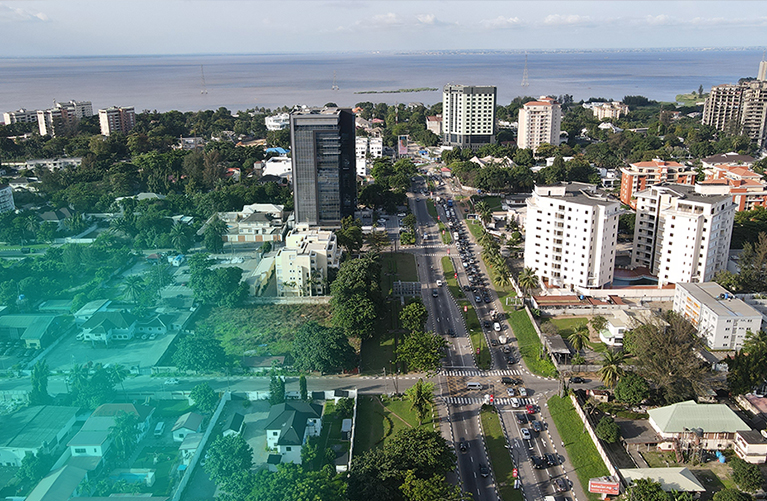The Supreme Court’s recent judgement in Abalaka v. Akinsete marks a pivotal shift in Nigerian defamation law. Previously, defamatory statements were presumed false unless the defendant could prove otherwise.
Now, claimants must prove both the defamatory nature and the falsity of the statements. This change aligns Nigerian law with global trends that prioritise freedom of expression while still protecting reputations.
In this article, TEMPLARS Partner, Emmanuel Gbahabo, and Associate, Taiye Ade-Fakorede, examine the broader legal and societal implications of this ruling. Their analysis explores its impact on Nigerian jurisprudence and public discourse, particularly in relation to free speech.




